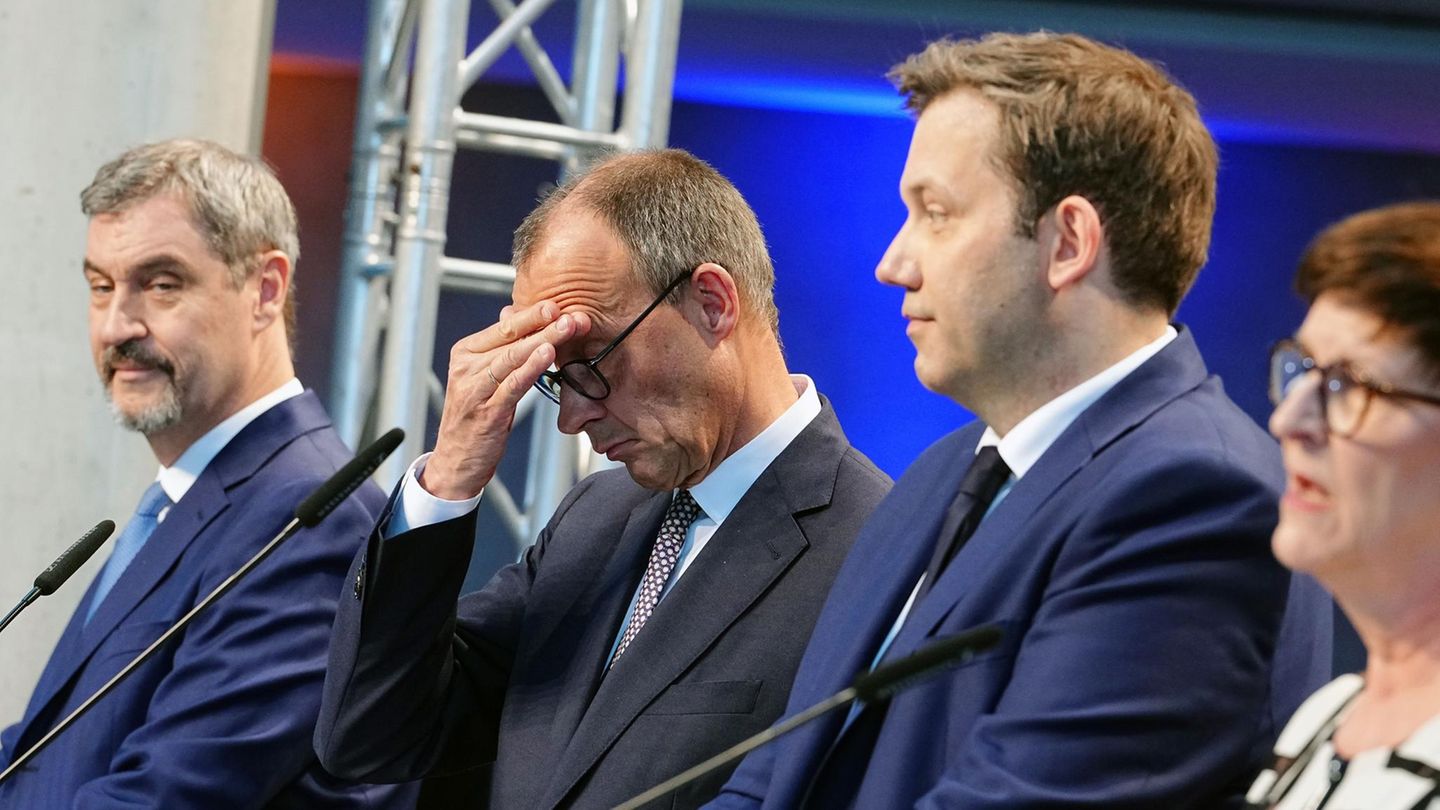I have been working in the news industry for over 6 years, first as a reporter and now as an editor. I have covered politics extensively, and my work has appeared in major newspapers and online news outlets around the world. In addition to my writing, I also contribute regularly to 24 Hours World.
Menu
Friedrich Merz questions the announced tax cut
Categories
Most Read
Health: What does the last minute operation bring for stable contributions?
October 15, 2025
No Comments
Robert Dorsay: The man who died because of a joke
October 15, 2025
No Comments
Dispute over military service: Coalition enters military service consultations in disagreement
October 15, 2025
No Comments
Child benefit increase in 2026: This is how much money you will get
October 15, 2025
No Comments
Pistorius and the conscription scandal: A man shows his nerves
October 15, 2025
No Comments
Latest Posts

Beauty Advent Calendar 2025: These cosmetic calendars are worth it
October 15, 2025
No Comments
CarolineI’m Caroline, a journalist and author for 24 Hours Worlds. I specialize in health-related news and stories, bringing real-world impact to readers across the globe.

Kim Virginia and Nikola Glumac: reality stars got married in Las Vegas
October 15, 2025
No Comments
Lisa HarrisI am an author and journalist who has worked in the entertainment industry for over a decade. I currently work as a news editor

Debt: the Treasury renewed only 45.7% of maturities and released more than $2 trillion to the market
October 15, 2025
No Comments
October 15, 2025 – 17:02 The market had been anticipating that the Treasury was going to have a lower rollover level based on the dollar
24 Hours Worlds is a comprehensive source of instant world current affairs, offering up-to-the-minute coverage of breaking news and events from around the globe. With a team of experienced journalists and experts on hand 24/7.

